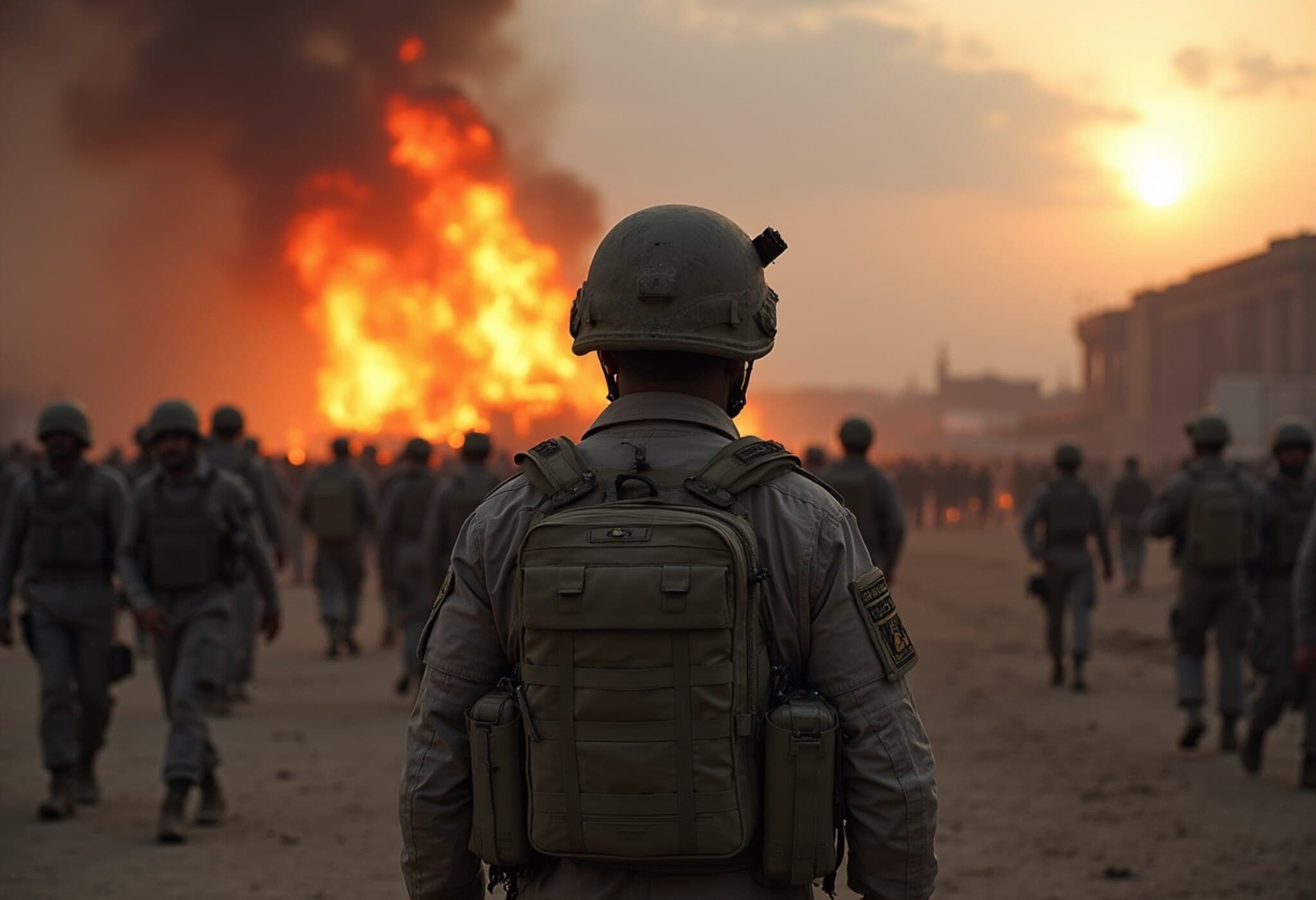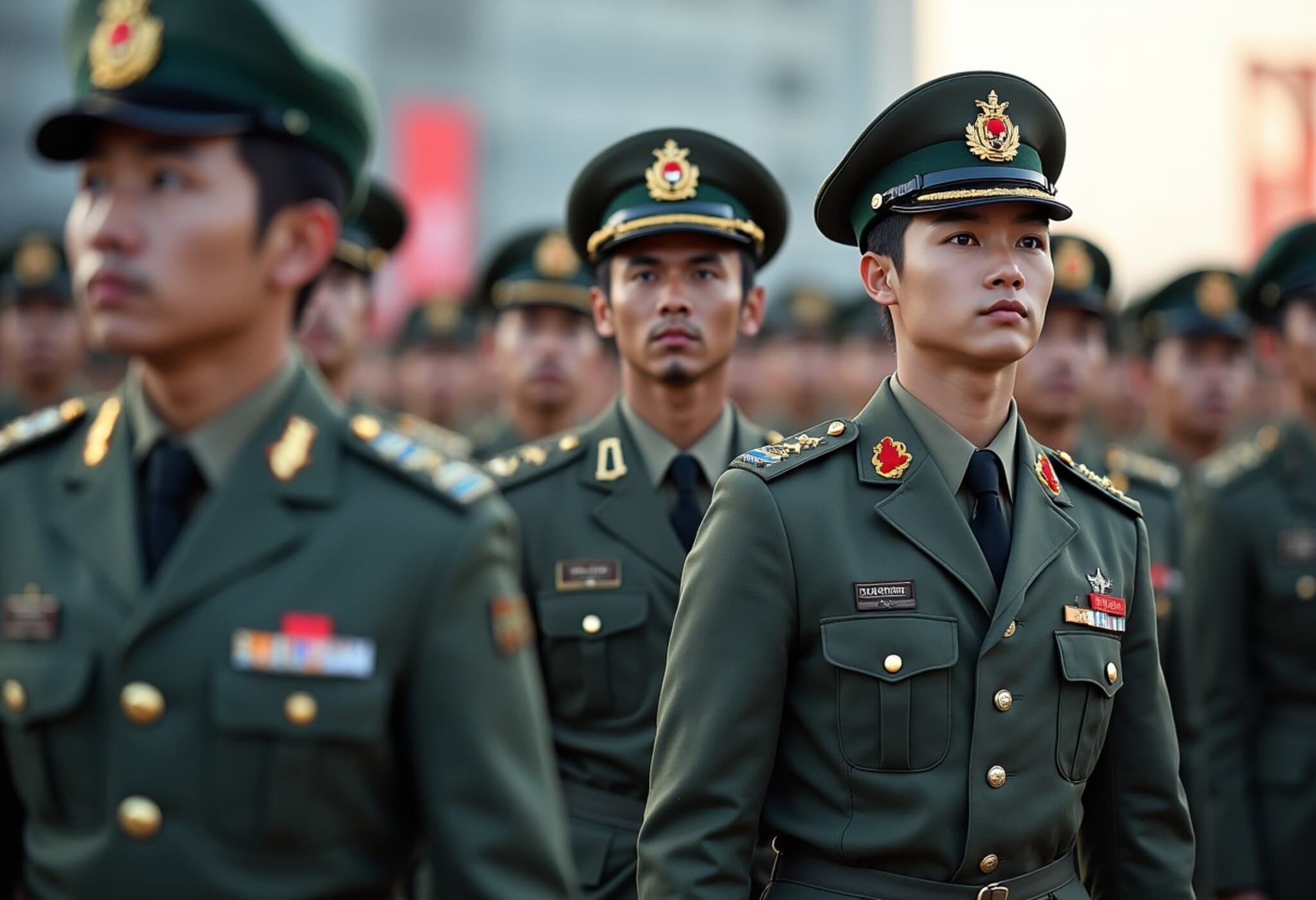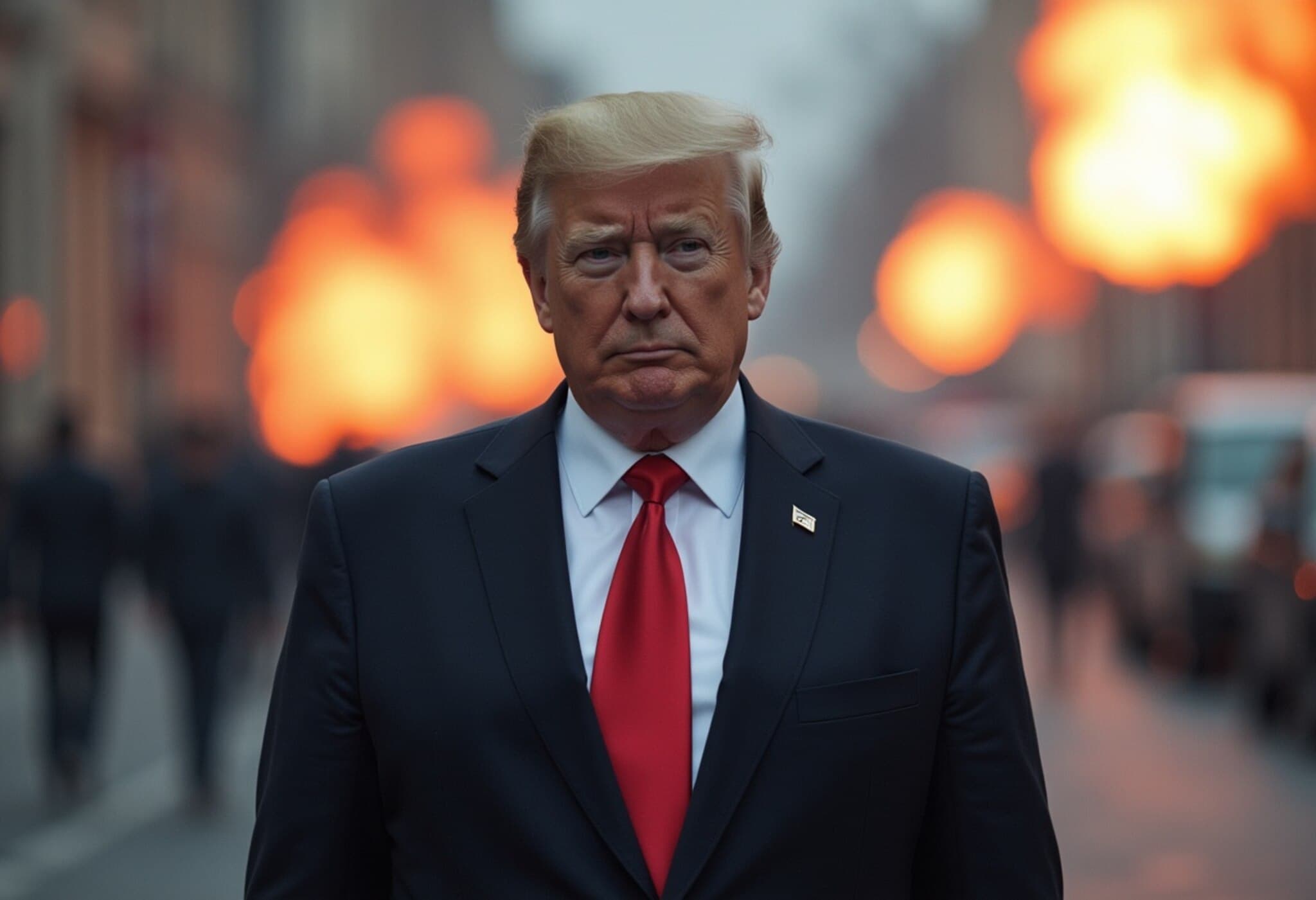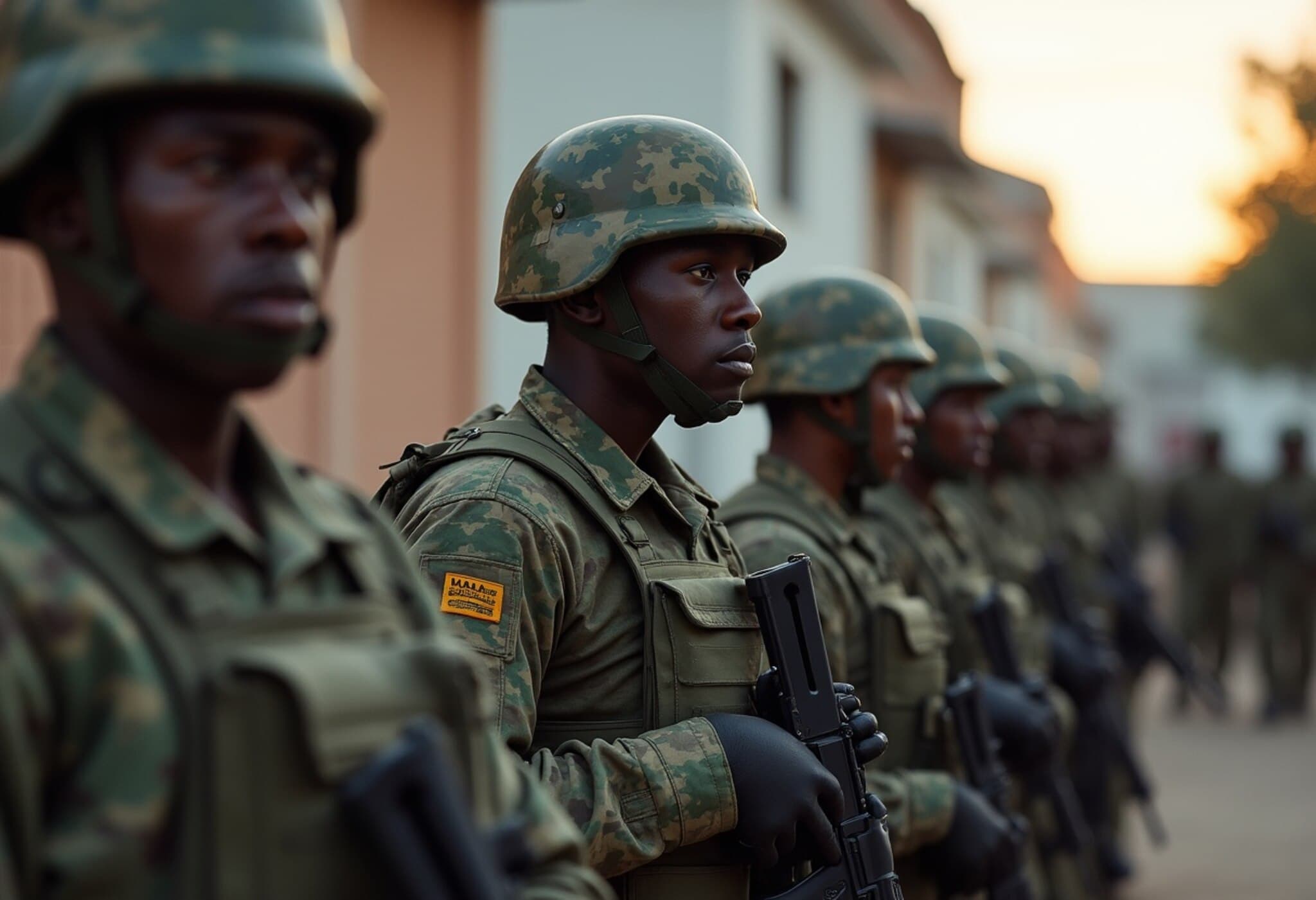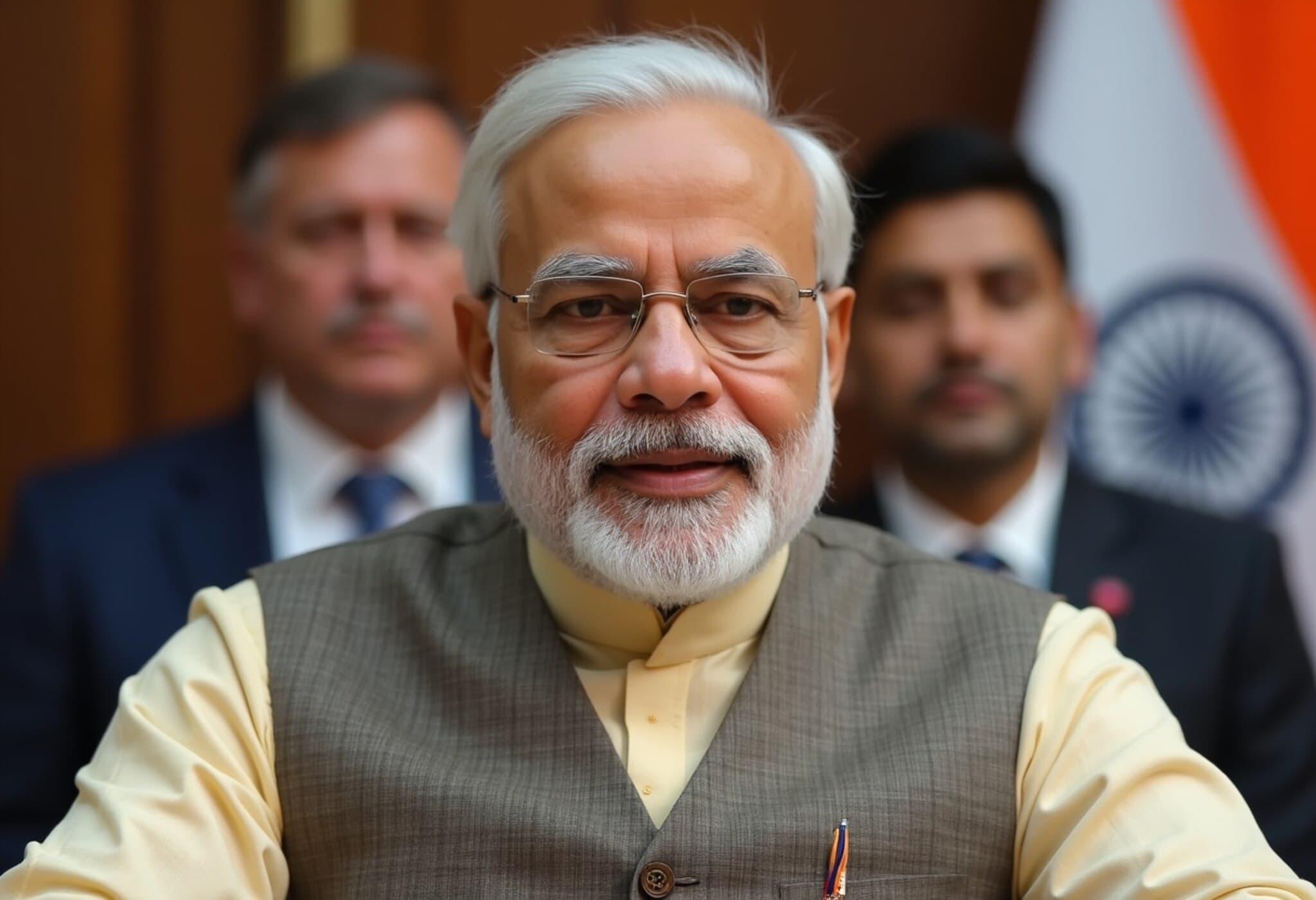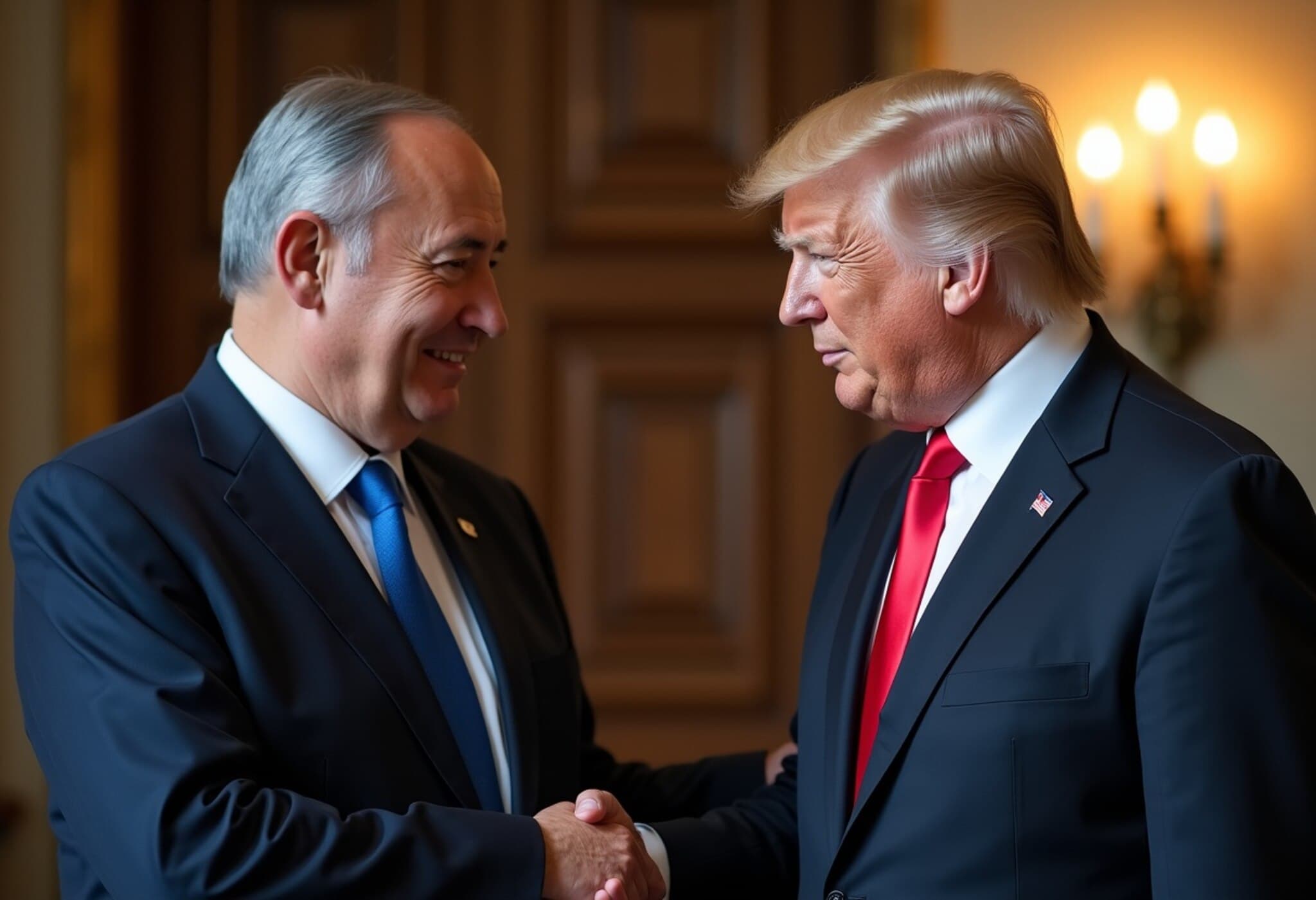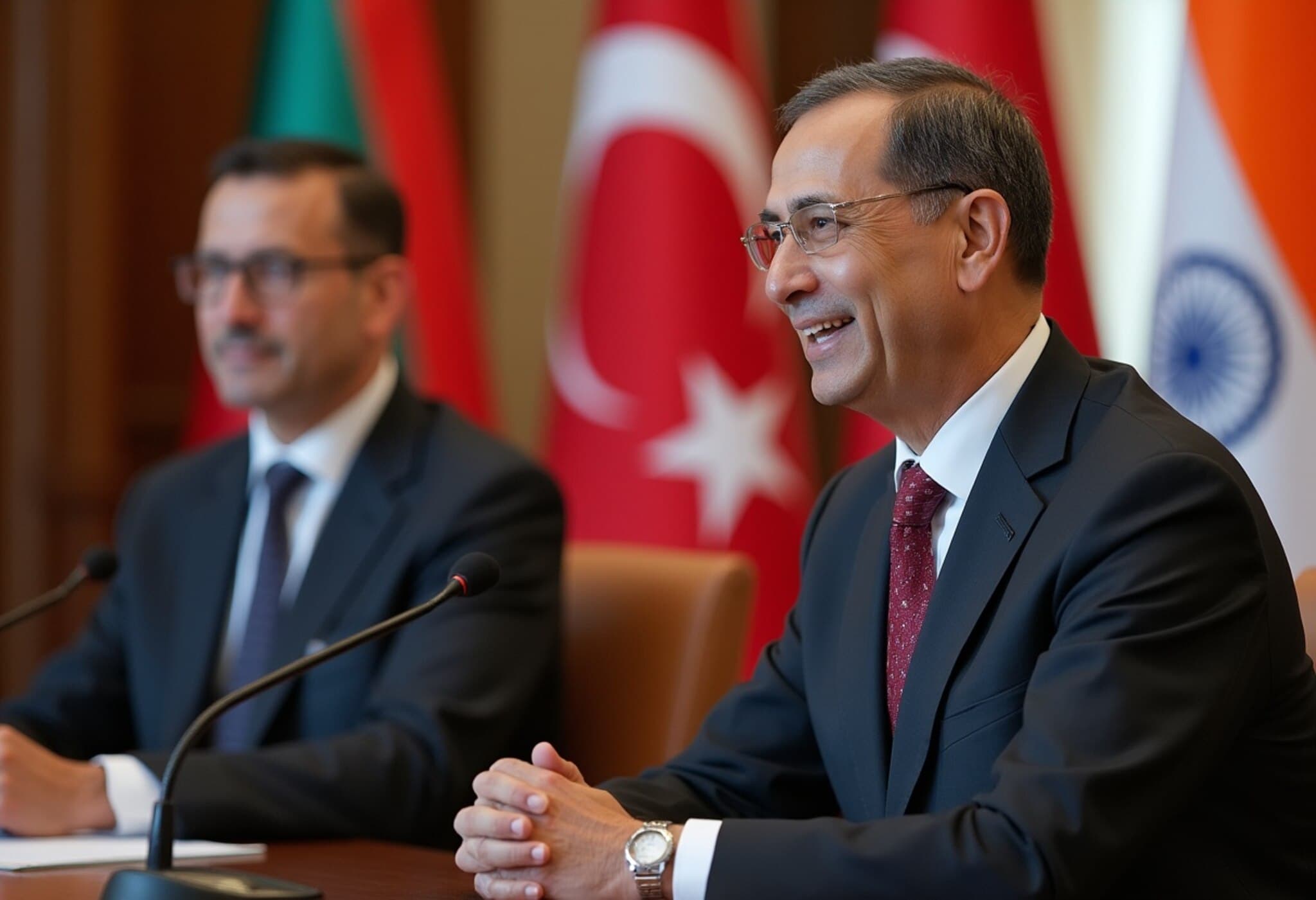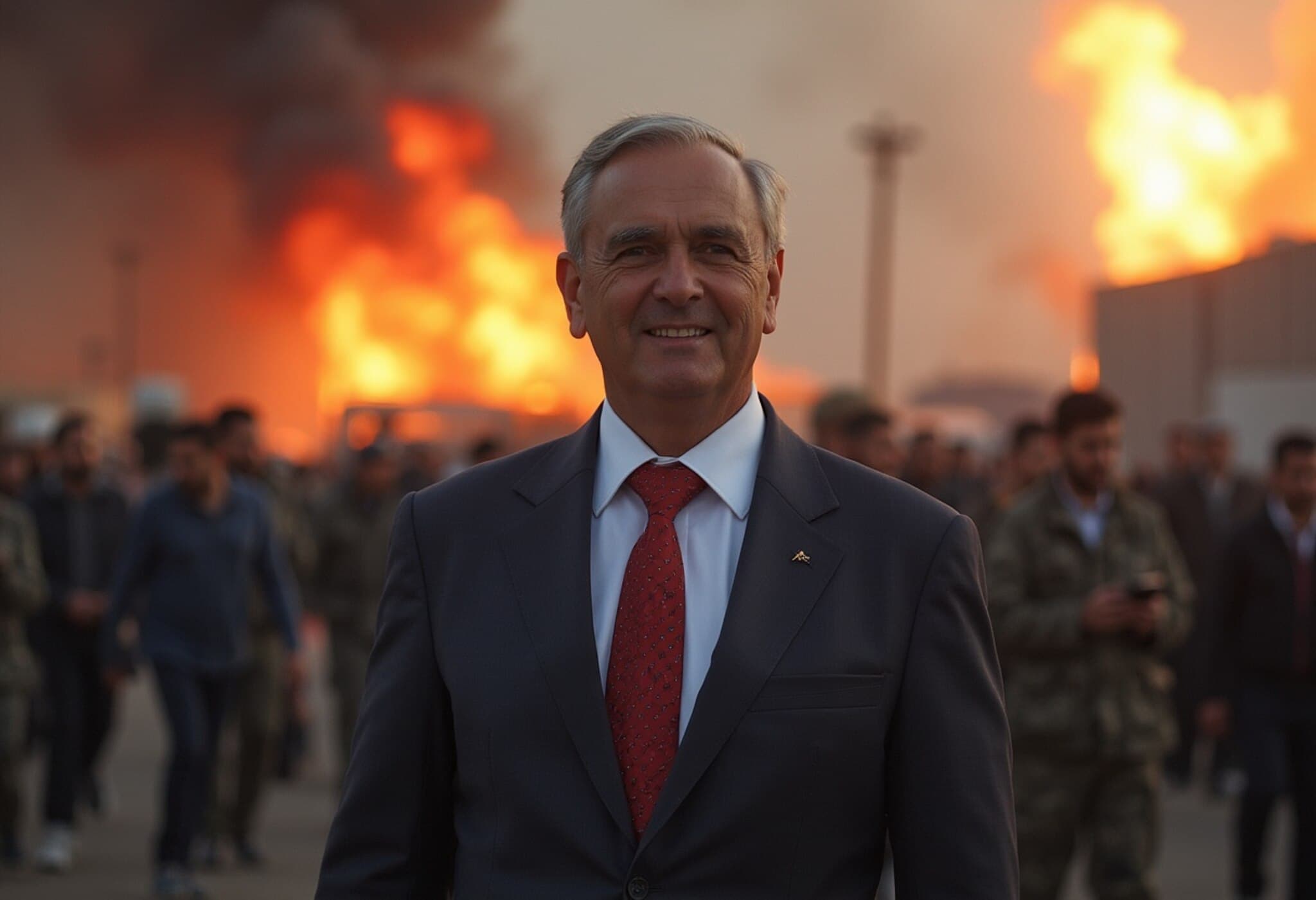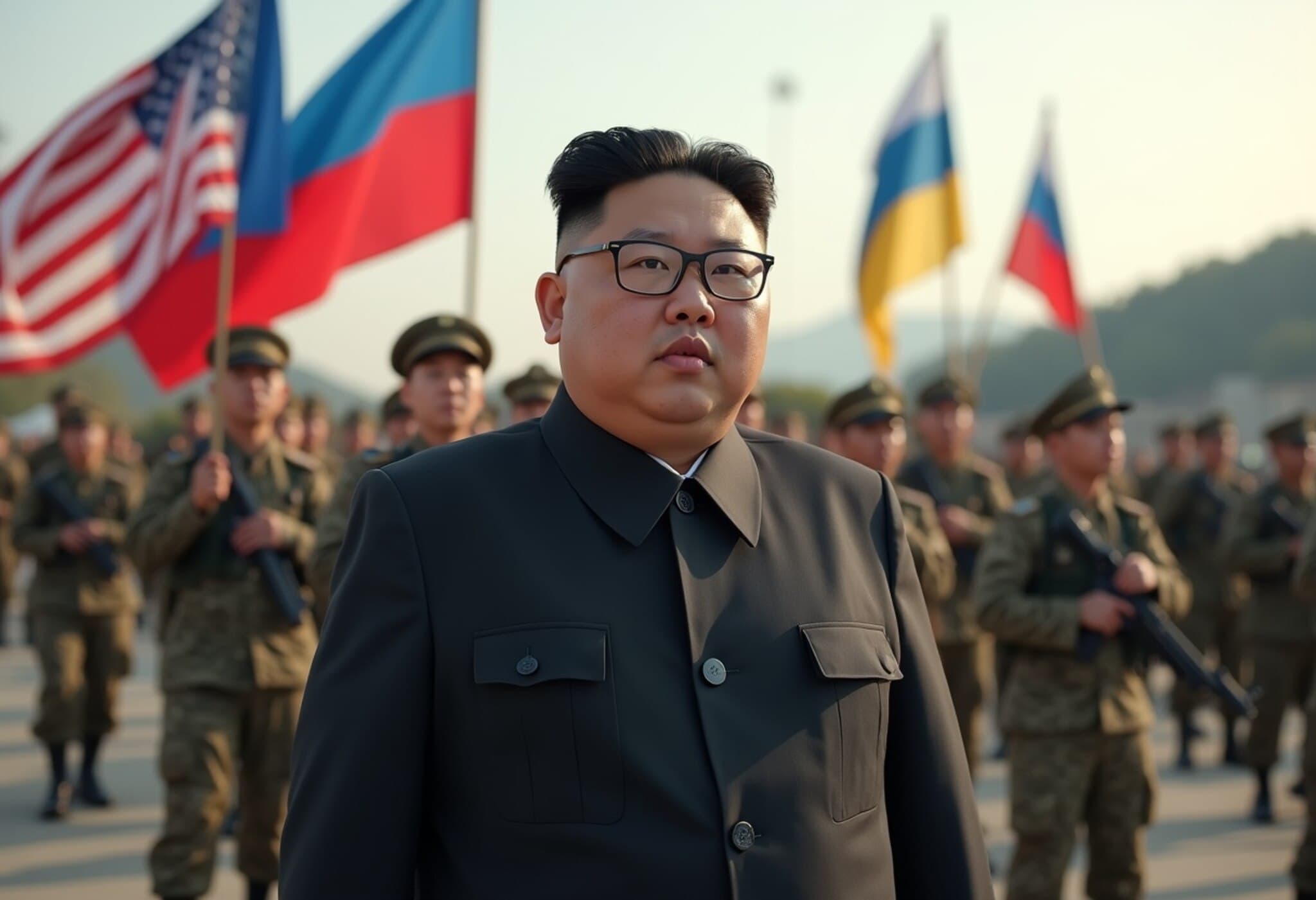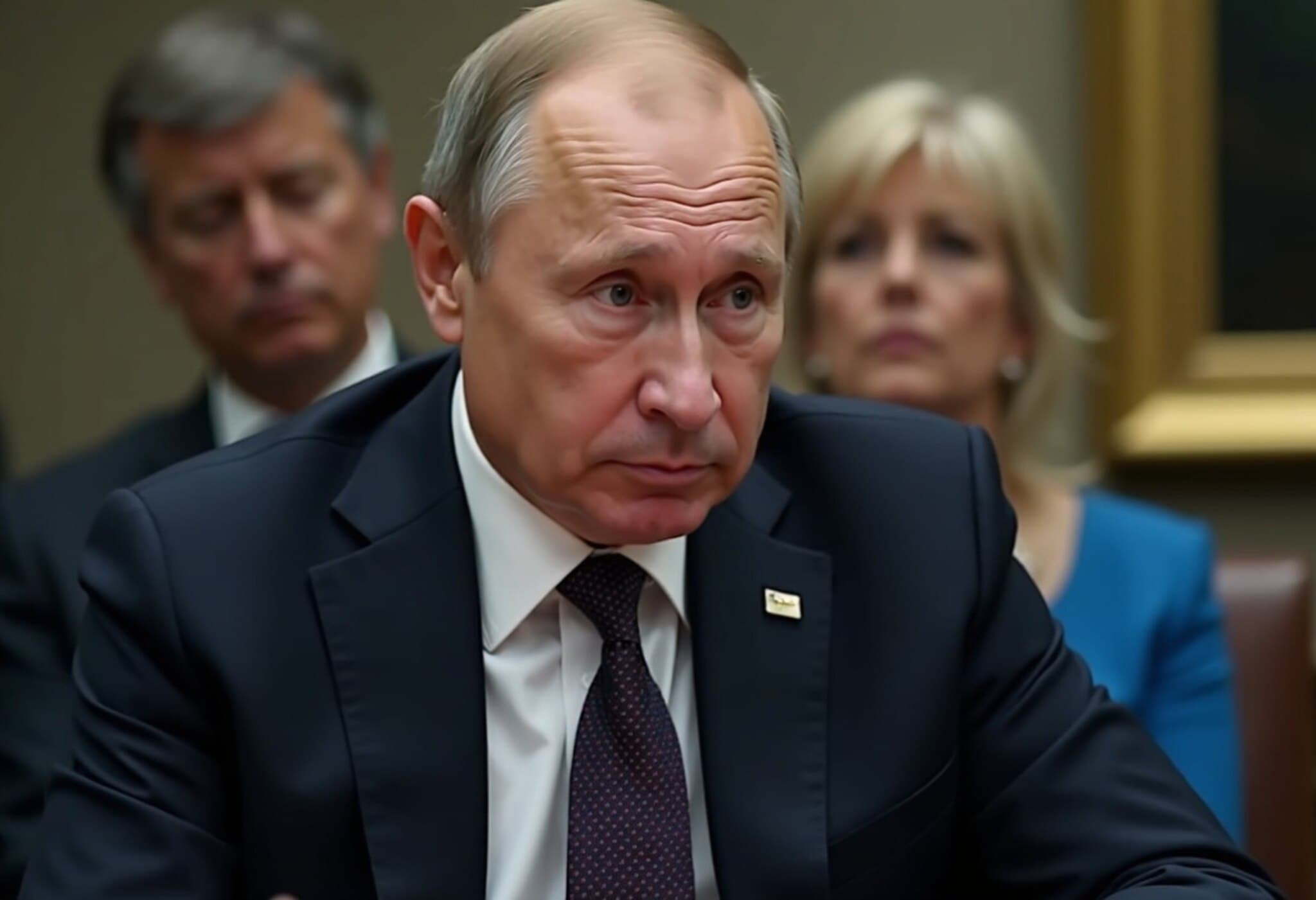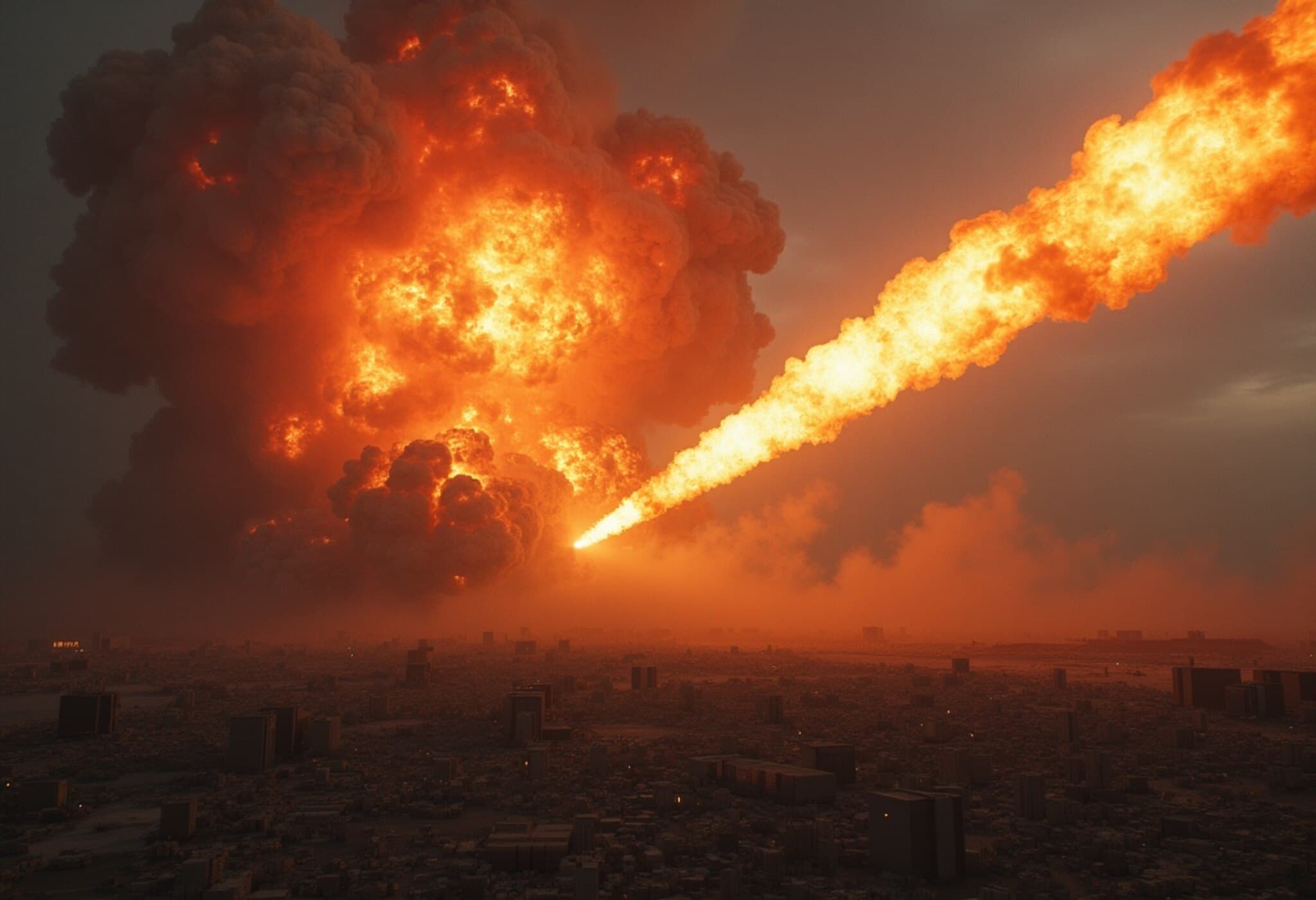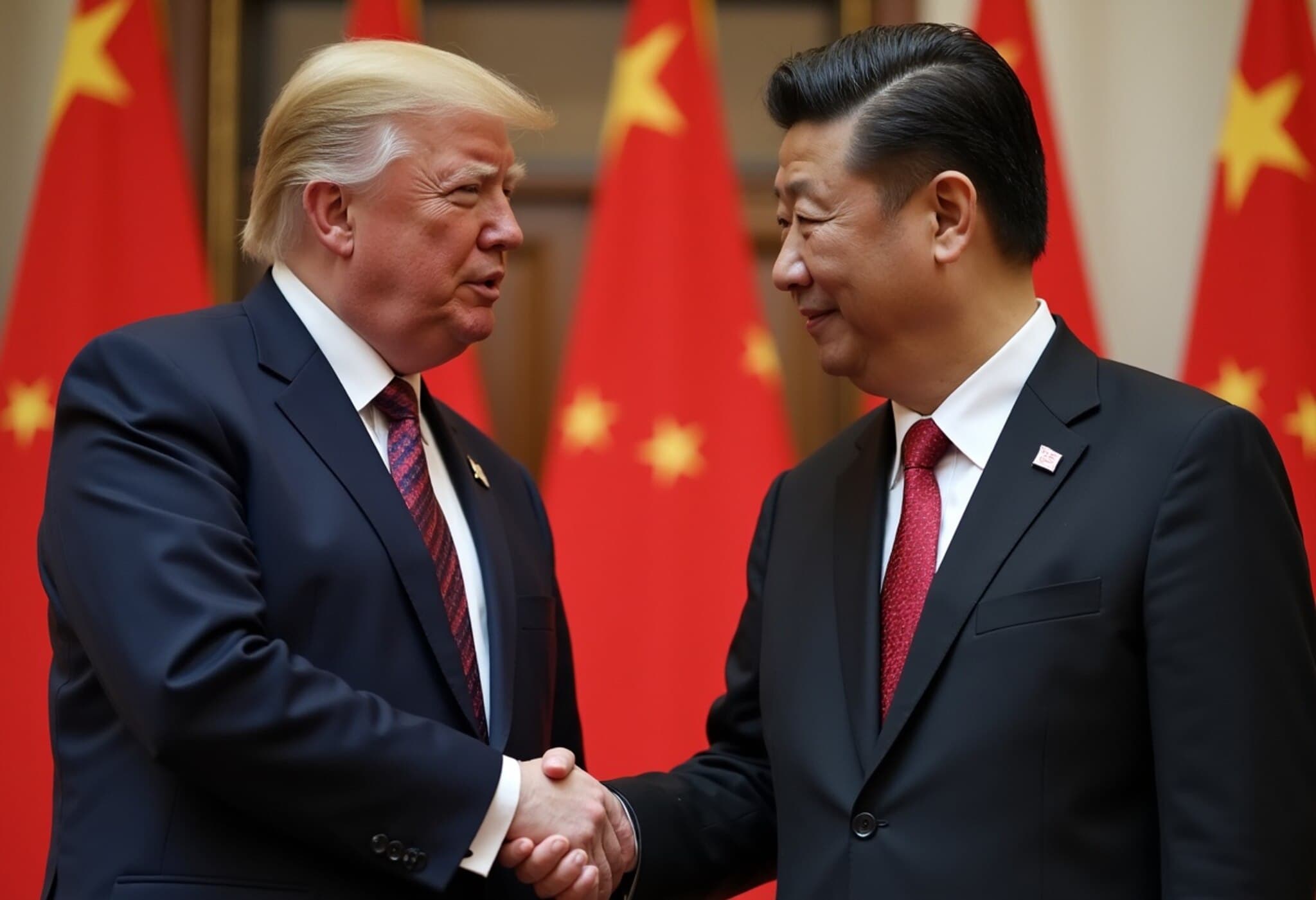2024 Marks a Surge in Armed Conflicts Worldwide
The year 2024 witnessed the highest number of armed conflicts across the globe in nearly eight decades, surpassing the previous record set just a year earlier. According to a comprehensive study from a renowned research institute, 61 distinct conflicts were recorded in 36 countries, with several nations grappling with multiple simultaneous clashes.
Global Conflict Landscape: A Structural Shift
In 2023, the world saw 59 conflicts in 34 countries, but the rise to 61 conflicts in 2024 signals more than a temporary spike. Siri Aas Rustad, the primary author of the report covering trends since 1946, emphasized that this increase reflects a profound and lasting transformation in global violence and fragmentation.
"The world today is far more divided and violent than it was just a decade ago," Rustad noted. The report highlights a growing complexity in international security dynamics that defy easy solutions.
Which Regions Are Most Affected?
- Africa remains the epicenter with 28 conflicts involving state actors.
- Asia follows with 17 conflicts.
- The Middle East accounts for 10 ongoing conflicts.
- Europe and the Americas reported fewer conflicts, with 3 and 2 respectively.
Over half of the countries involved were battling more than one conflict concurrently.
Human Cost: A Grim Toll
The death toll from these conflicts remained alarmingly high, hovering around 129,000 casualties, making 2024 the fourth-deadliest year for armed conflict since the Cold War ended in 1989. The most lethal confrontations were primarily centered in Ukraine, the Gaza Strip, and Ethiopia's Tigray region.
Global Powers and the Risk of Disengagement
The study warns strongly against any international retreat from diplomatic involvement. Highlighting the dangers of isolationism, the lead researcher cautioned that stepping back now could destabilize global security frameworks established since 1945.
"Withdrawal from global solidarity—whether by the United States or any other major power—could have devastating long-term humanitarian and security consequences," Rustad stressed. This serves as a clear response to current global political trends advocating for national disengagement.
Looking Ahead
Drawing from data gathered by a respected Swedish university, the research underscores the urgent need for cooperative international efforts to curtail rising violence. With fragmented conflicts spreading across continents, a renewed commitment to global engagement appears more critical than ever.
As the world grapples with this troubling surge in armed conflict, the call for sustained global partnership and proactive peace measures rings loud and clear.

